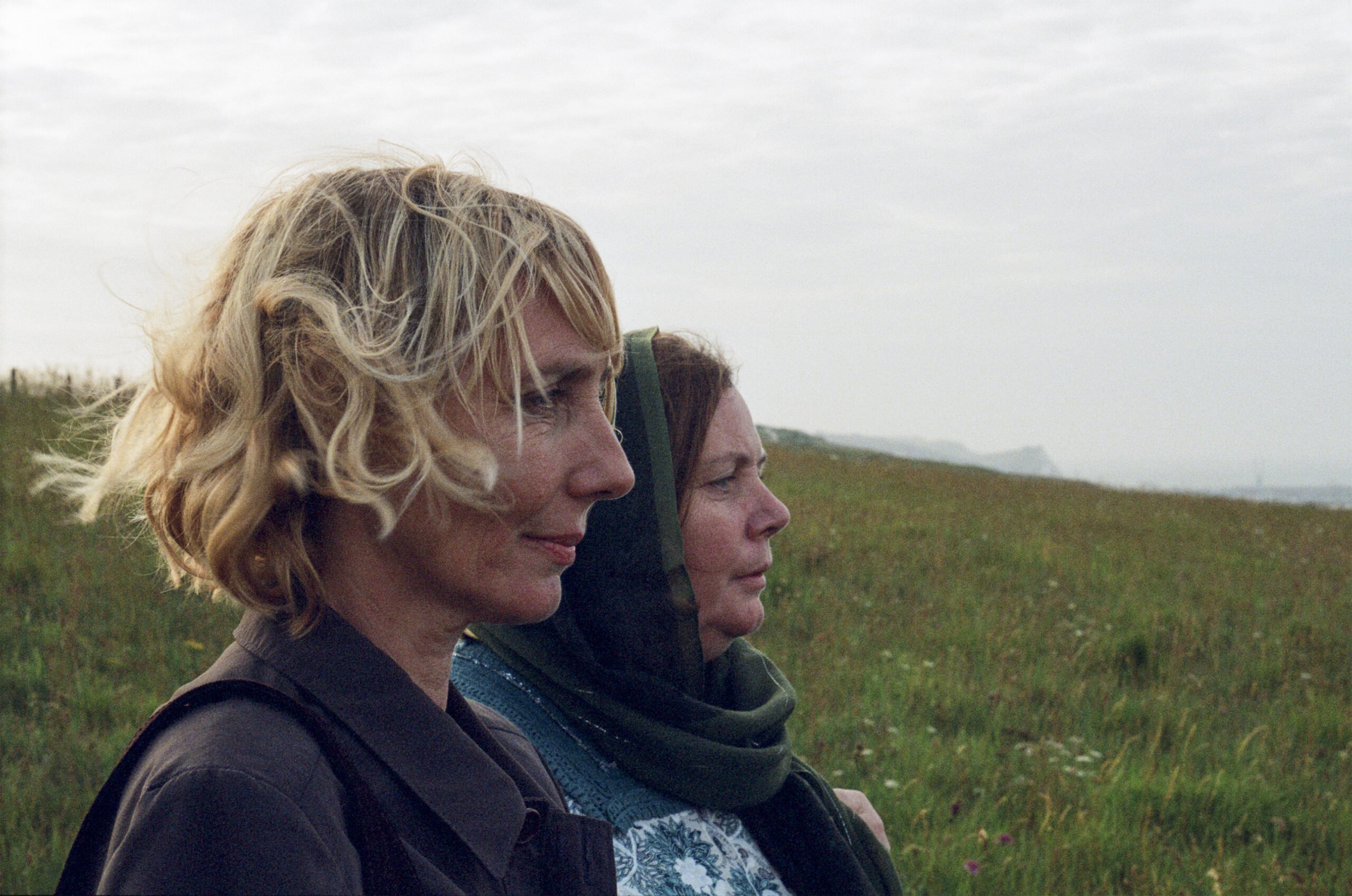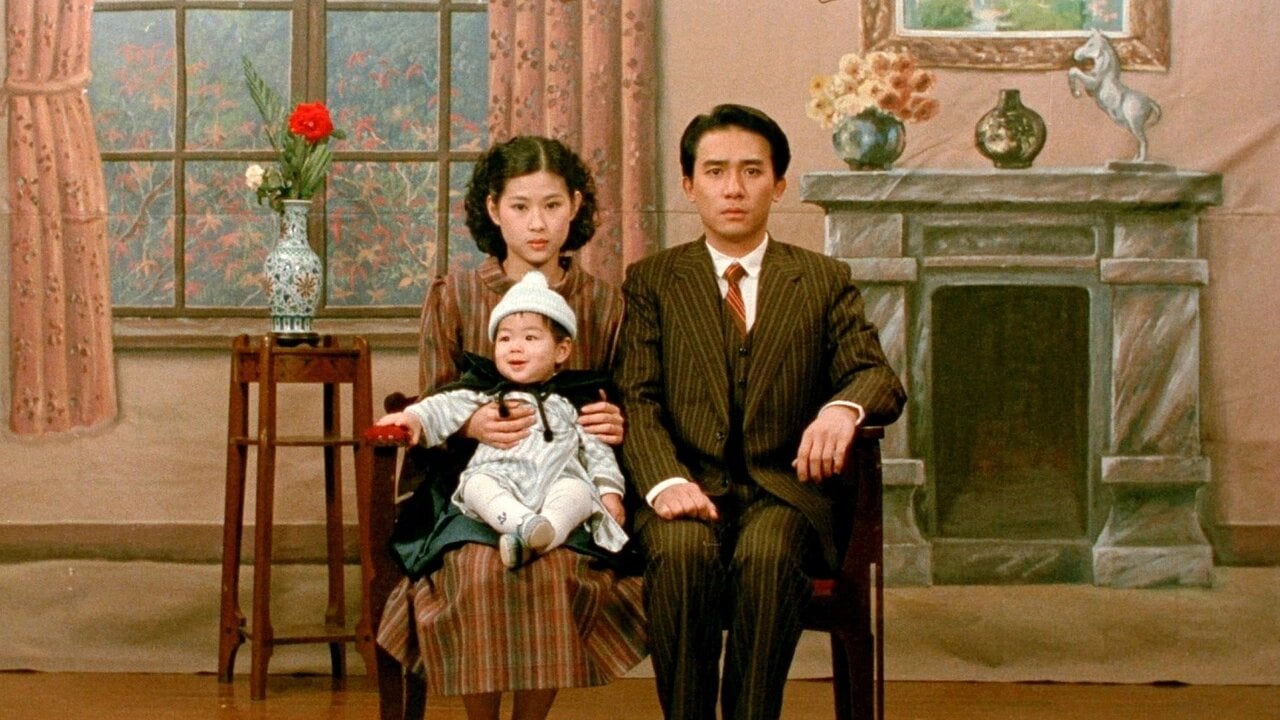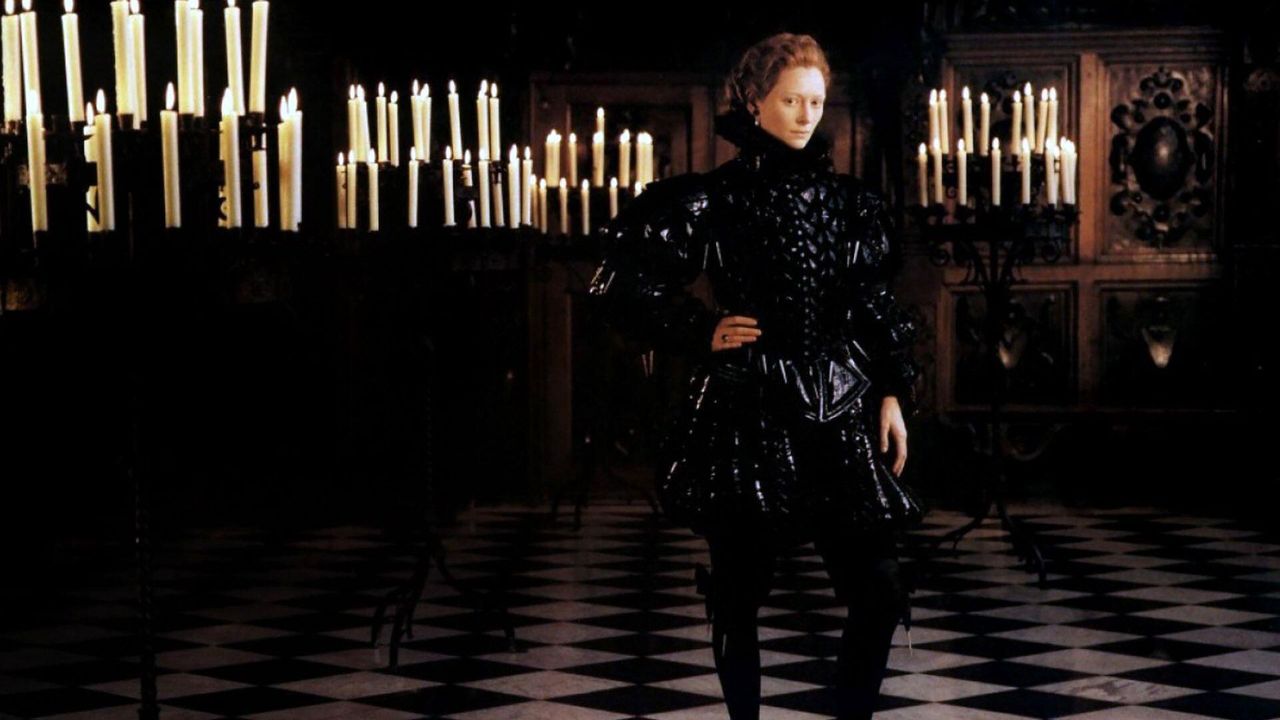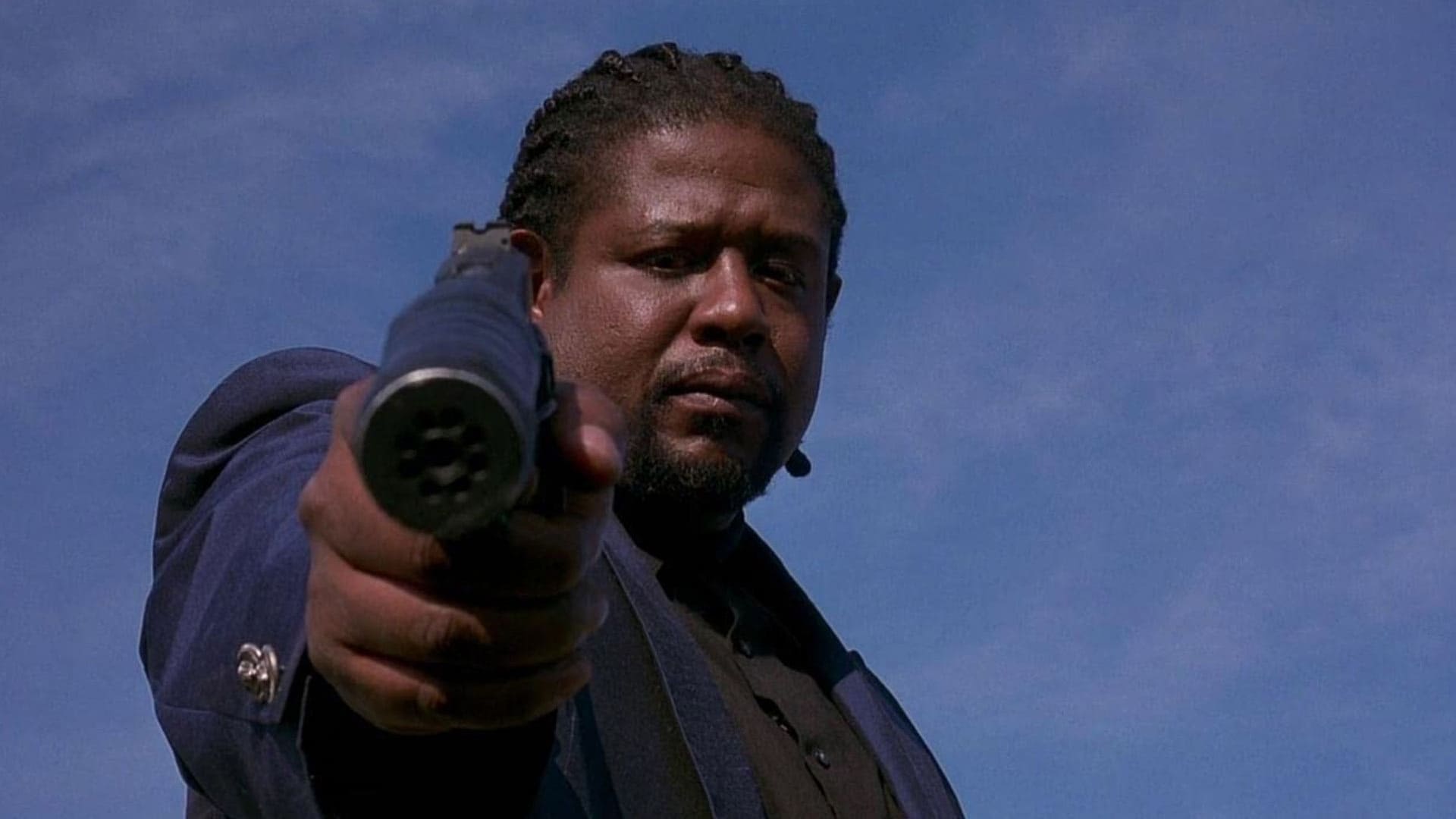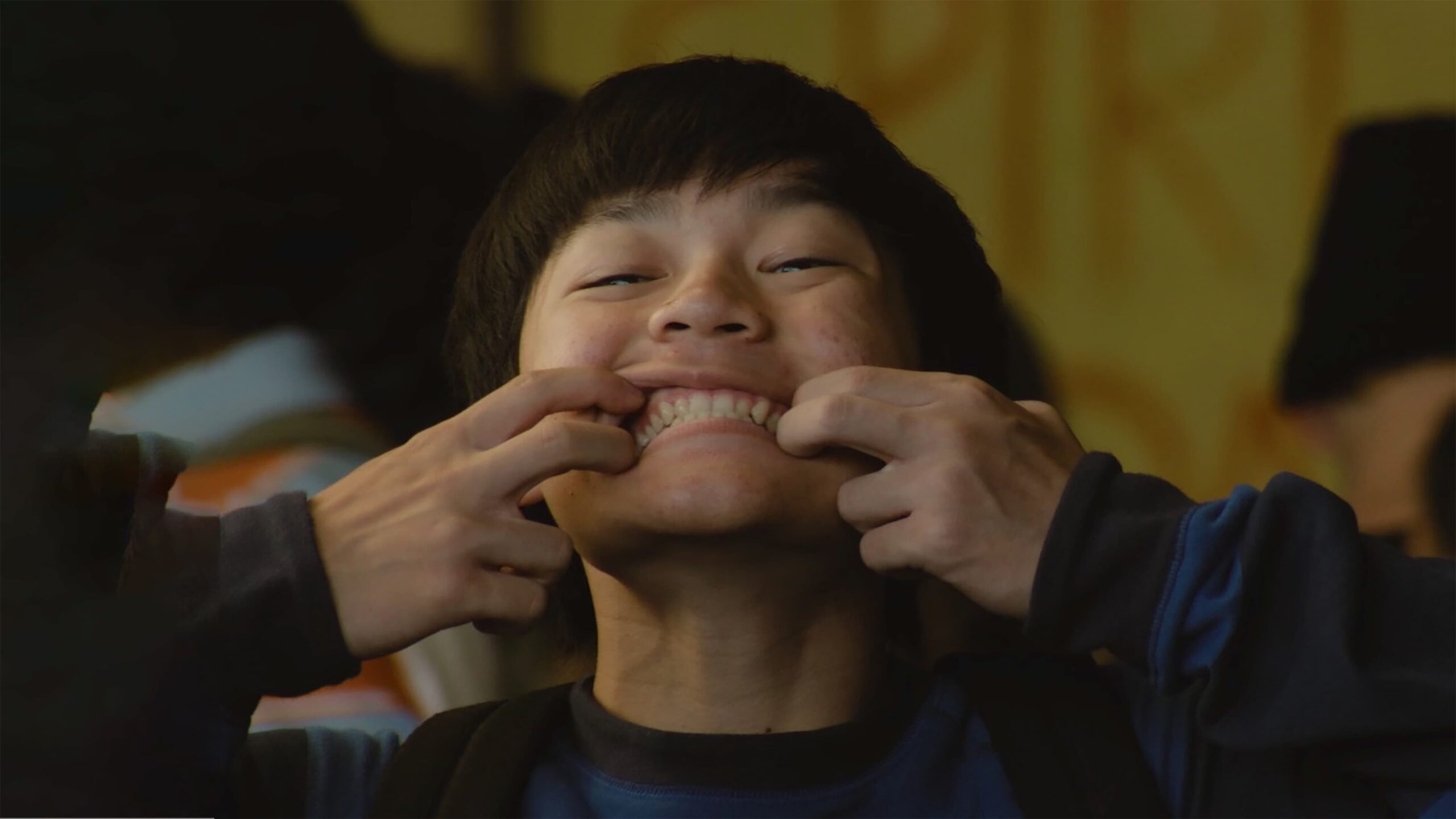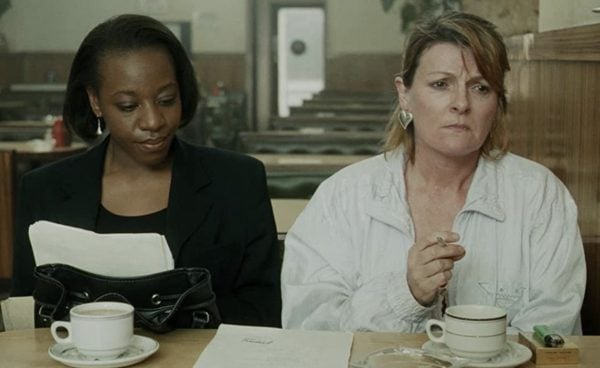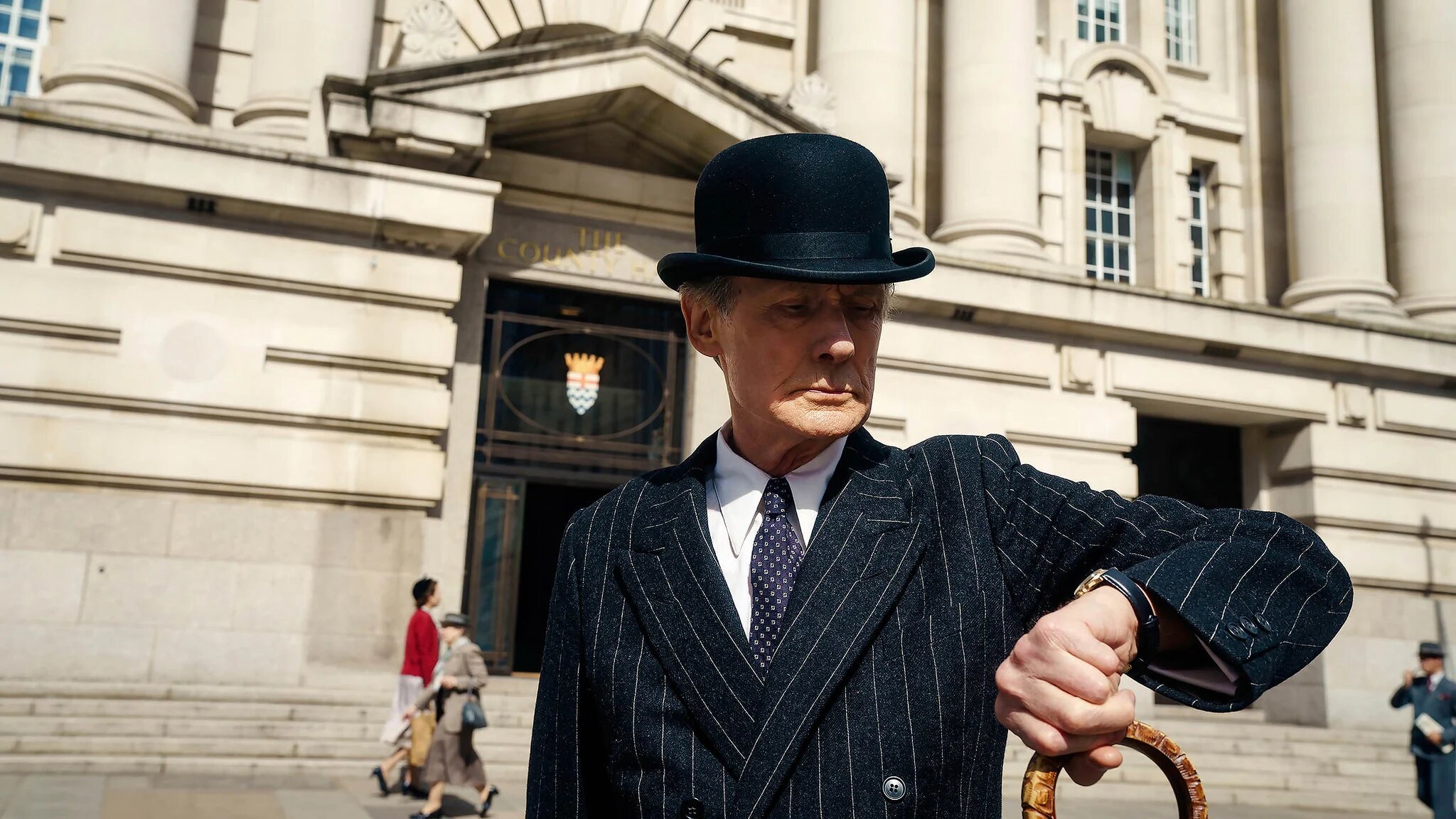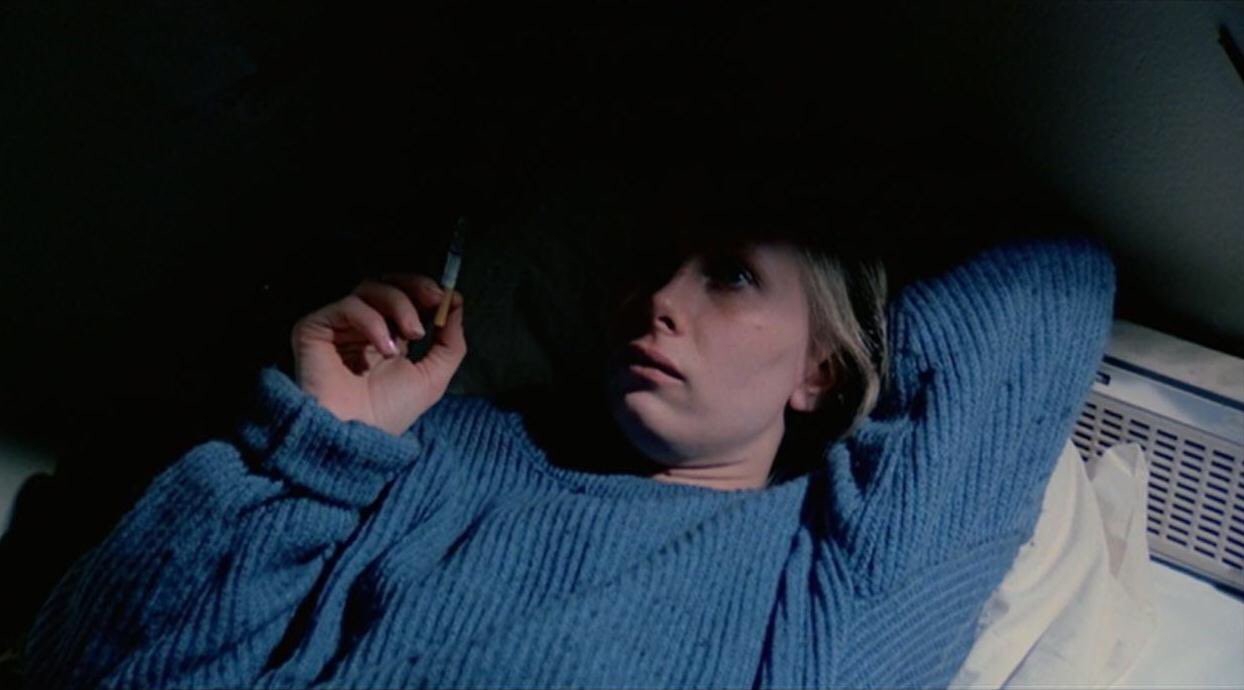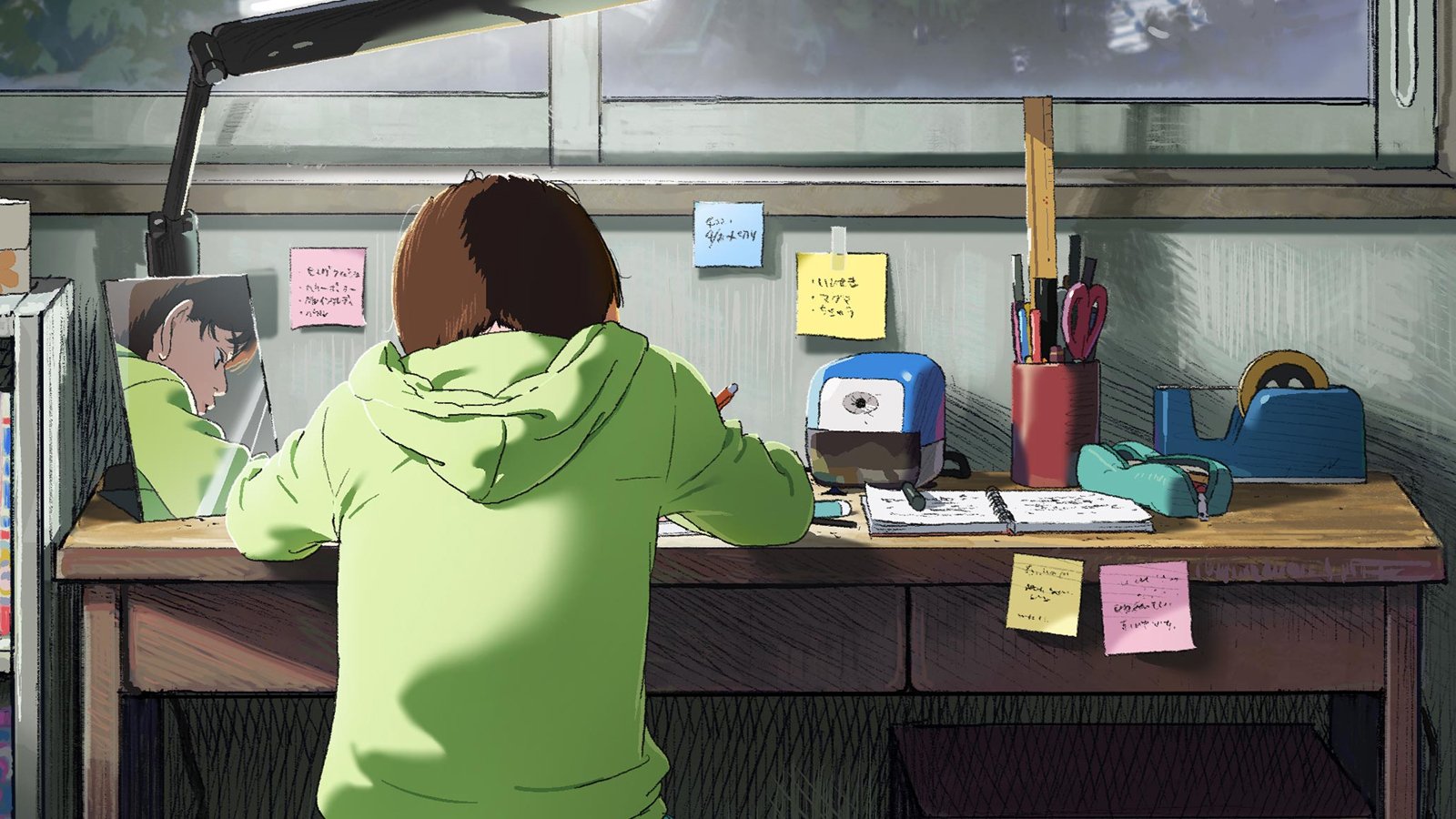
100 Best Films From Directors Under 30
April 7, 2025
Share:
In an industry dominated by seasoned veterans, these young prodigies have burst onto the scene, challenging conventions and redefining the art of storytelling. These films showcase the raw talent and unique perspectives of directors under 30 (at the time of their film’s release), proving that age is no barrier to cinematic brilliance. Prepare to be awe-inspired and witness the birth of a new generation of filmmakers who are destined to shape the future of cinema. Get ready to discover the best films by directors under 30 that will leave you in awe and eager for what’s to come.
Read also:
41. After Love (2020)
Genres
Director
Actors
Moods
After Love is a beautifully powerful and quietly moving outing by emerging British filmmaker Aleem Khan. It follows Mary (Joanna Scanlan), a white Muslim convert who discovers a life-changing secret her husband has managed to keep from her all these years.
Without spoiling anything, I will say that After Love is charged with the sort of deep-seated emotion we sometimes don’t know how to express. It’s also a powerful reminder that there’s no one way to love or grieve or celebrate the people around us; sometimes, there’s just feeling. And Scanlan does a wonderful job of restraining then conveying all of that in devastating and commanding moments throughout the film, a feat that earned her the much-deserved best actress award at the 2021 BAFTAs.
42. A City of Sadness (1989)
Genres
Director
Actors
Moods
A City of Sadness is a film set in 1945, after Japan is defeated in the war and Taiwan is subject to uncertainties of a changing sociopolitical landscape. It follows the four Lin brothers, who each struggle in this tumultuous period — from Wen-heung, the eldest who gets on the bad side of a local gang, to Wen-ching, who chooses to stand against the Chinese Kuomintang government despite being deaf-mute.
Instead of turning to the usual machinations of a historical family drama, director Hou Hsiao-hsien shows the vast expanse of Taiwanese countryside through steady, beautiful cinematography. In urban areas, the camera moves in scenes of sudden violence, which it pans toward until it exits frame for us to only hear the screams of people offscreen. There are also quiet interludes that barely last a minute, where dynamics between characters depict the anxiety of the times. Tony Leung, who plays the deaf-mute brother, hasn’t refined the craft of subtle acting with his eyes yet, but traces of brilliance are already there.
The trauma of rapidly changing times, as a nation is exploited from one war to the next, is depicted so clearly. The authoritarian state erodes families, and Hou paints a picture of a society on the brink, a representation of 1940s Taiwan that feels more like a tragic poem than a film.
43. Orlando (1992)
Genres
Director
Actors
Moods
Based on Virginia Woolf’s novel, Orlando is a fitting adaptation for a groundbreaking story. Changing from man to woman, the titular time traveler is portrayed by the incomparable Tilda Swinton, breaking the fourth wall as if daring anyone to question her casting. But Swinton’s androgynous look and stellar acting make her the perfect choice for this. Her gaze is the anchor that we hold on to as the film glides through the novel’s multiple themes with ease. Through director Grace Potter’s indescribable vision, they create a fantastic film that blurs gender, sex, identity, and time together with the original novel itself.
44. Ghost Dog: The Way of the Samurai (1999)
Genres
Director
Actors
Moods
Director Jim Jarmusch audaciously combined the DNA of French noir classics with that of samurai and mafia movies to produce this utterly original film. As advised by the ancient Japanese manual it often quotes, though, Jarmusch’s movie also “makes the best” out of its own generation by adding hip-hop into its wry genre blend. The results are more than the sum of their parts, especially because the film is so eccentric: no matter how au fait with its inspirations you are, you still won’t see “Forest Whitaker plays a lonely hitman who wields and whooshes his silencer pistol like a samurai sword, lovingly tends pigeons, and can’t even speak the same language as his best friend” coming.
Ghost Dog’s strangeness is never jarring, though, thanks to Whitaker’s cool, collected performance, an atmospheric score by Wu-Tang Clan’s RZA, and the cinematography’s tendency to use smooth double exposures for scene transitions. It almost feels like we’re in another world: Jarmusch zooms in on the Bushido code obsessions of Whitaker’s single-minded character and the mafiosos’ dying laws, blurring out everything else so the movie becomes a meditation on the impulse to moralize one’s misdoings by subscribing to rigid definitions of “honor.” Not an exercise in surface style, then, but a bone-deep reflective masterpiece.
45. River (2023)
Genres
Director
Actors
Moods
Made on a clearly lower budget but with enthusiasm and love for the craft overflowing from every frame, Junta Yamaguchi’s River gets clean and wholesome comedy—that’s still plenty memorable—out of a terrific ensemble of actors, all of whom get to display a full range of expression for their increasingly exasperated characters. It’s smart, economical filmmaking that’s still dazzlingly put together, as each two-minute loop is done in a single unbroken shot that feels different with every reset. Yamaguchi is highly aware of how quickly this gimmick might overstay its welcome, so he allows the film’s emotional landscape to open up considerably with every cycle. As the hell of this situation starts to chip away at the characters, the film also becomes more urgent and more soulful, leading the story down unexpected paths and inviting us to think beyond the pattern it sets up for itself.
46. Dìdi (弟弟) (2024)
Genres
Director
Actors
Moods
Coming of age films are a staple in cinema, but rare is a great depiction of growing up on the internet, chatting with friends, and learning about the world through just a small screen. Dìdi is one of those rare films that remembers that pivotal era, which is why it’s often likened to Bo Burnham’s Eighth Grade, but Sean Wang depicts a more angsty than anxious Asian American kid with a mother and a grandmother less able to relate to the wider Western town they live in, and with nothing he wants to do but to skate, shoot skating, and try to fit in with people he thinks are cool. It’s both funny and self-critical, as if Wang was looking back to remember the times he screwed up, but it’s also just comforting to watch him own up to who he really is, even if it doesn’t garner the exact response he’s been hoping for. It’s also precisely why Dìdi found its audience.
47. Waves (2019)
Genres
Director
Actors
Moods
A beautifully shot movie about a high-schooler who’s pushed by his father to always work and exercise the hardest. He aces his exams and always wins at wrestling, but nothing is ever good enough for the father and there is no margin for error. When things with both his body and his relationship start going wrong, his existence comes crashing down. This movie has two parts, and it takes a lot of narrative risks, but the beautiful camera work and believable characters land every single risk. It’s an incredible achievement and a movie that should have gotten much more attention than it did.
48. Secrets & Lies (1997)
Genres
Director
Actors
Moods
A woman yearns to find her biological mother, another woman struggles with infertility, a third wants to connect with her rebellious daughter. Director Mike Leigh has the prowess to seamlessly weave these stories together, and part of the joy is knowing, that like clockwork, these narratives are set on a spectacular collision course.
As melancholy as it is optimistic and as funny as it is tragic, Secrets & Lies is a perfect example of Leigh’s oeuvre and earned him a Cannes’ Palme d’Or. The film features a full cast of his regulars with the fantastic addition of Marianne Jean Baptiste as Hortense – the woman who sets the wheels of the film in motion.
49. Living (2022)
Genres
Director
Actors
Moods
Adapted from the Japanese film Ikiru, which in turn was adapted from the Russian story The Death of Ivan Ilyich, Living is a parable about, well, living. Specifically, it’s about the importance of wonder and the magic of the mundane. It’s also about legacy and the stories we leave in our wake, which live on long after we’re gone. This familiar premise could have very easily been turned into another trite and cheesy movie that warns you to make the most out of your life, but thanks to a lean script, assured camerawork, and powerfully restrained performances, Living is elevated into something more special than that. It’s a technically beautiful, well told, and profoundly moving film, with Bill Nighy giving a career-best turn as a repressed man aching for meaning in his twilight years.
50. The Match Factory Girl (1990)
Genres
Director
Actors
Moods
With its 69-minute runtime, ultra-minimalist approach to camera movement, and dialogue so sparse it could fit onto a single page, the first word that comes to mind when describing The Match Factory Girl is “lean.” The second word is “bleak”: for most of the film’s slight duration, we watch as the lonely titular character (Iris, played by Kati Outinen) passively endures a relentless barrage of cruelties, whether from her coldly detached parents, callous love interest, or simply fate itself.
And yet, these words — apt descriptors of the film as they are — only capture part of what makes The Match Factory Girl such a magnetic and unforgettable watch. When a late twist sees the film swerve into even darker territory, director Aki Kaurismäki’s twin approaches fuse into one that’s greater than the sum of its parts. Rendered in his characteristic deadpan style, the shocking event becomes sardonically funny — a gutsy move that only a real master of tone, as Kaurismäki is, could pull off.
Comments
Add a comment
Ready to cut the cord?
Here are the 12 cheapest Live TV streaming services for cord-cutting.
More lists
Lists on how to save money by cutting the cord.
Curated by humans, not algorithms.
© 2025 A Good Movie to Watch. Altona Studio, LLC, all rights reserved.
